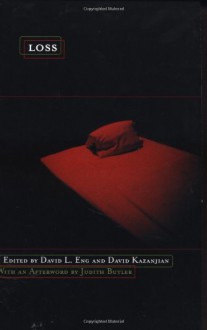Taking stock of a century of pervasive loss--of warfare, disease, and political strife--this eloquent book opens a new view on both the past and the future by considering "what is lost" in terms of "what remains." Such a perspective, these essays suggest, engages and reanimates history. Plumbing...
show more
Taking stock of a century of pervasive loss--of warfare, disease, and political strife--this eloquent book opens a new view on both the past and the future by considering "what is lost" in terms of "what remains." Such a perspective, these essays suggest, engages and reanimates history. Plumbing the cultural and political implications of loss, the authors--political theorists, film and literary critics, museum curators, feminists, psychoanalysts, and AIDS activists--expose the humane and productive possibilities in the workings of witness, memory, and melancholy.Among the sites of loss the authors revisit are slavery, apartheid, genocide, war, diaspora, migration, suicide, and disease. Their subjects range from the Irish Famine and the Ottoman slaughter of Armenians to the aftermath of the Vietnam War and apartheid in South Africa, problems of partial immigration and assimilation, AIDS, and the re-envisioning of leftist movements. In particular, Loss reveals how melancholia can lend meaning and force to notions of activism, ethics, and identity.
show less

